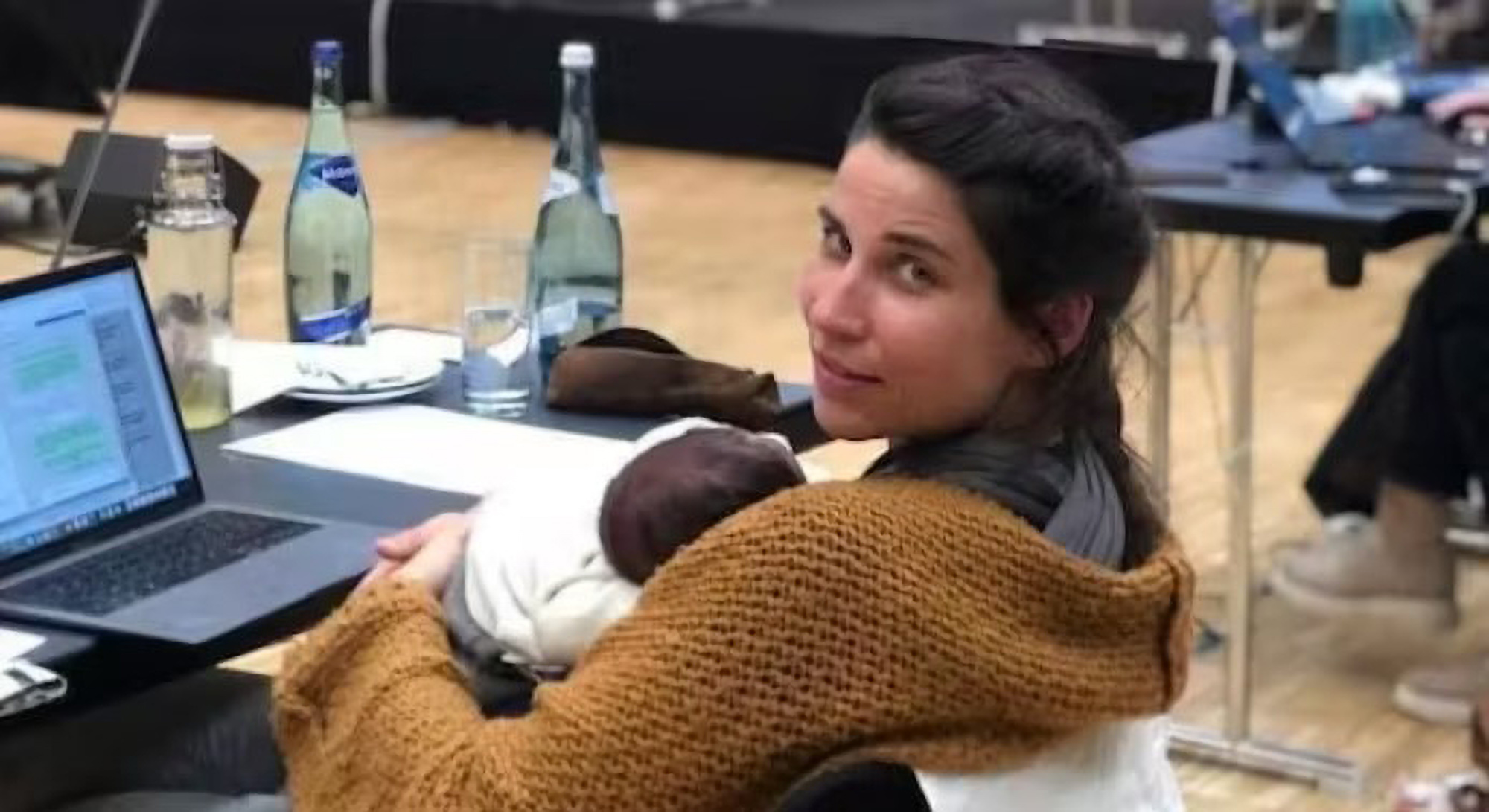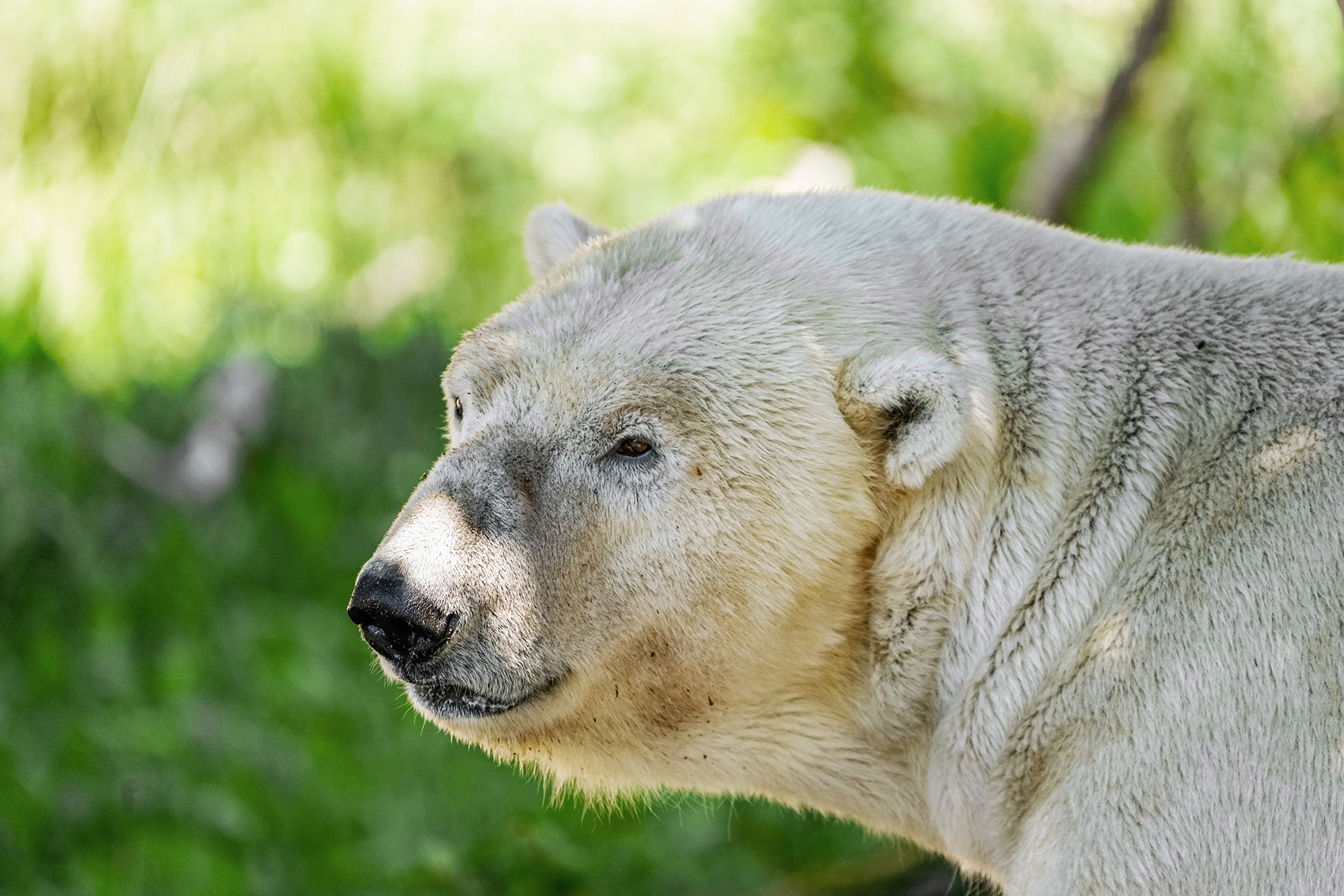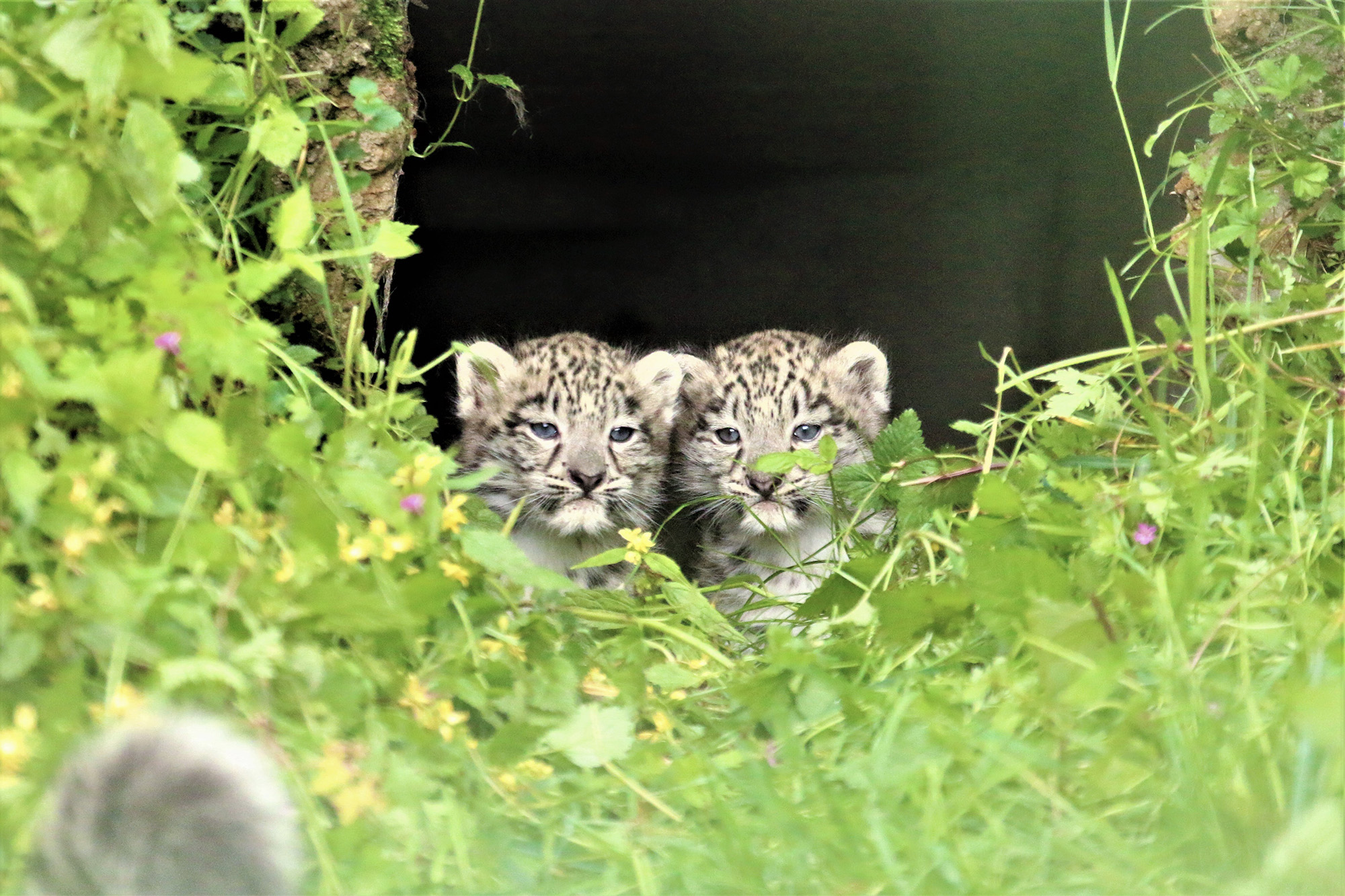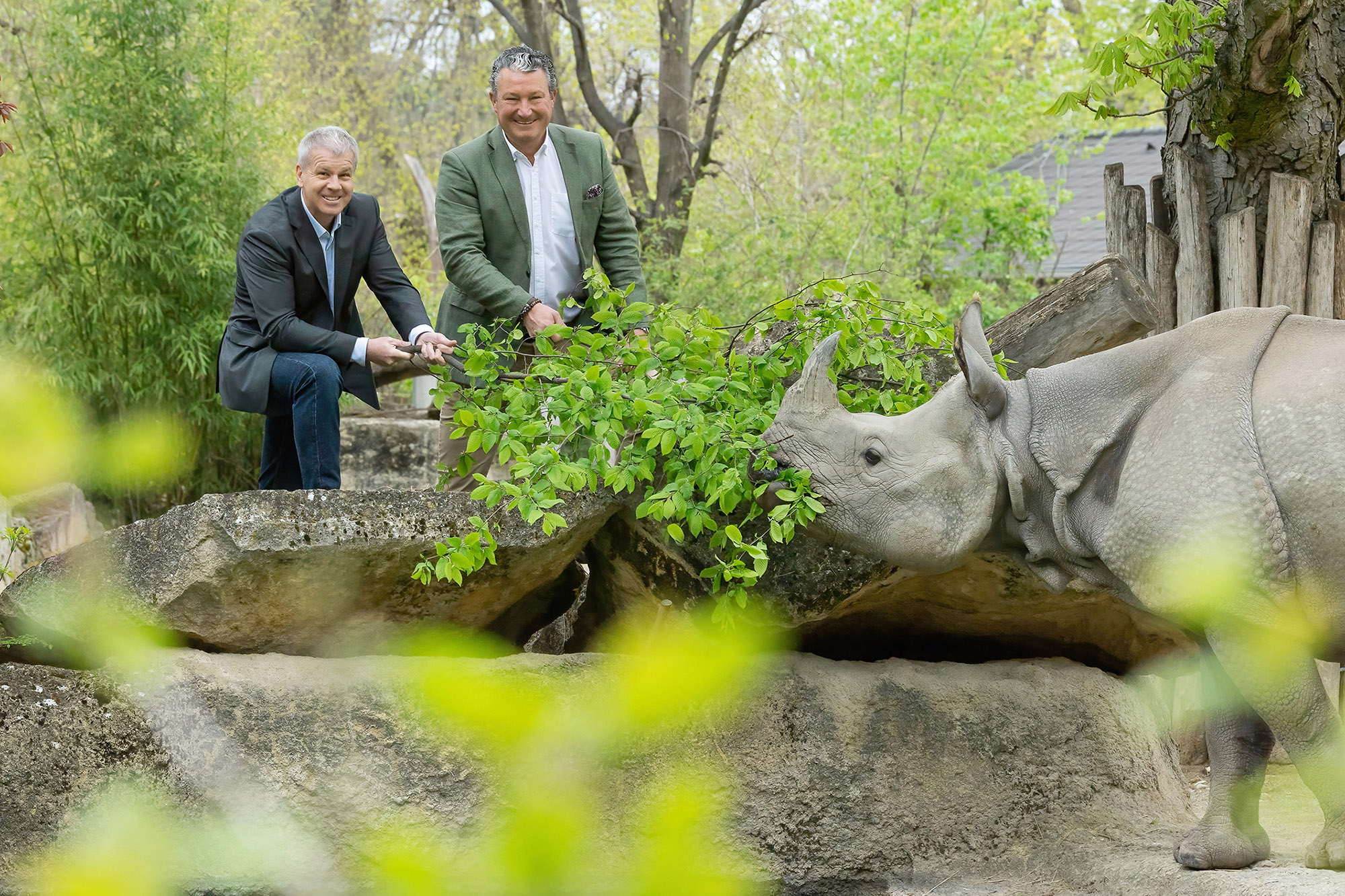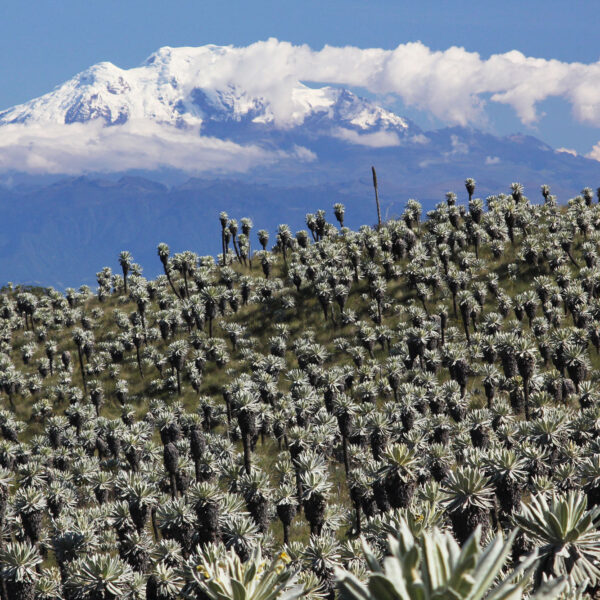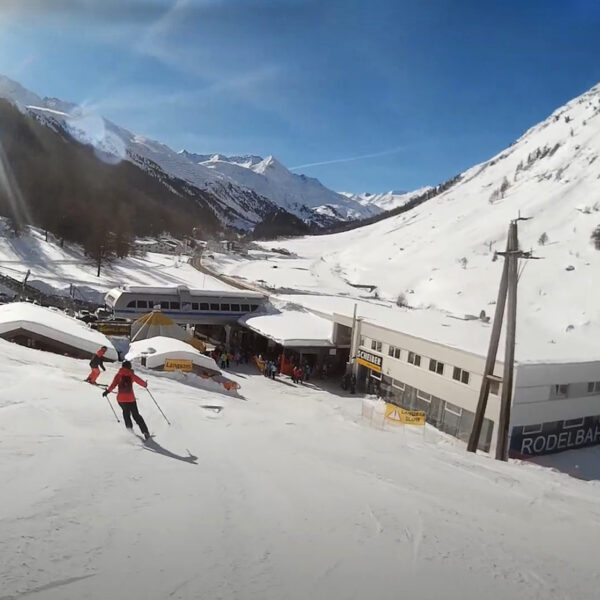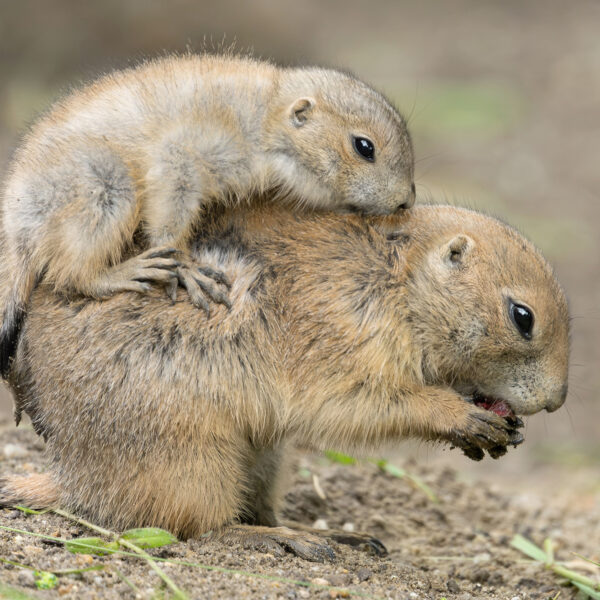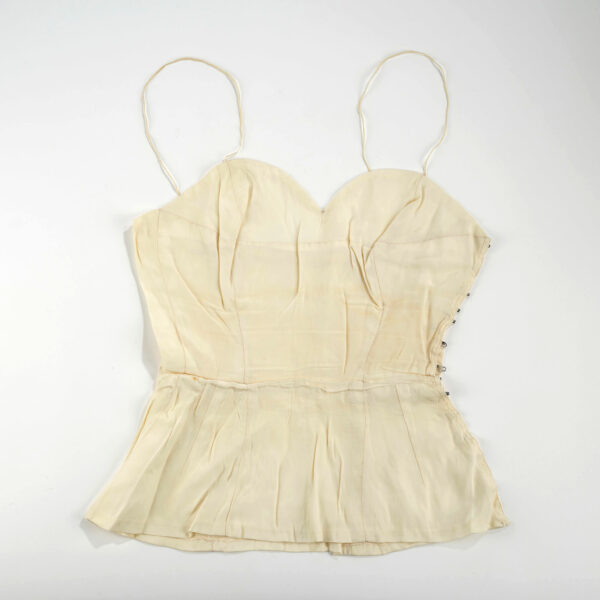Rare Penguin Chick’s Heartwarming Show With Mother
This is the adorable moment a young rockhopper penguin snuggles up to its mum as she feeds it at their zoo enclosure.
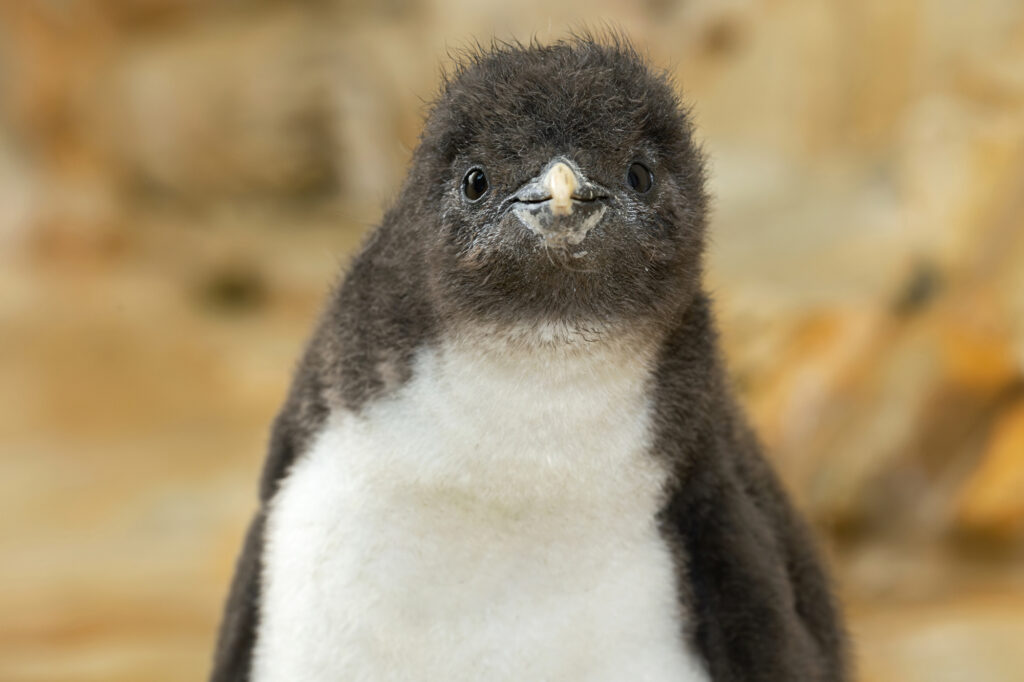
The youngster was part of several broods of northern rockhopper penguin chicks going on show to the public for the first time in Austria on Thursday, 1st June.
The ten chicks were born recently at the Polarium in Schoenbrunn Zoo, Vienna, Austria, and are still young enough to pester mum for regurgitated feeds.
One cute youngster was shown in zoo video footage sticking closer to its mother and then tapping her beak, a signal that it wanted feeding.
Others – still in their baby-down feathers – lined up for their keepers while they were fed whole fish by hand after being weighed.
The distinctive northern rockhopper penguins are listed ‘endangered’ on IUCN’s Red List of Threatened Species due to climate change and overfishing.
A study from 2009 provided evidence that their number had declined by 90 per cent since the 1950s on a global scale.
Zoo director Stephan Hering-Hagenbeck said in a statement obtained by Newsflash: “No other zoo breeds northern rockhopper penguin as successfully as we do.

“Schoenbrunn Zoo also coordinates the EAZA Ex-situ Programme (EEP). Our expertise is also in constant demand around the world.
“This year we also took over two chicks from the Munich Zoo, because the facility there is being renovated and we can support the chicks growing up here with us.”
Hering-Hagenbeck told how two northern rockhopper males became part of the zoo family when they were found close to death on the Australian coast in 2016.
After being nursed back to health they were flown to Vienna and have now integrated fully into the flock.
Hering-Hagenbeck said: “Both males have integrated very well into our group and have now found females.
“One of the two has now provided for offspring for the first time this year and thus contributes to the preservation of its species in the zoo.
“Their dramatic story thus found a happy ending with us.”

